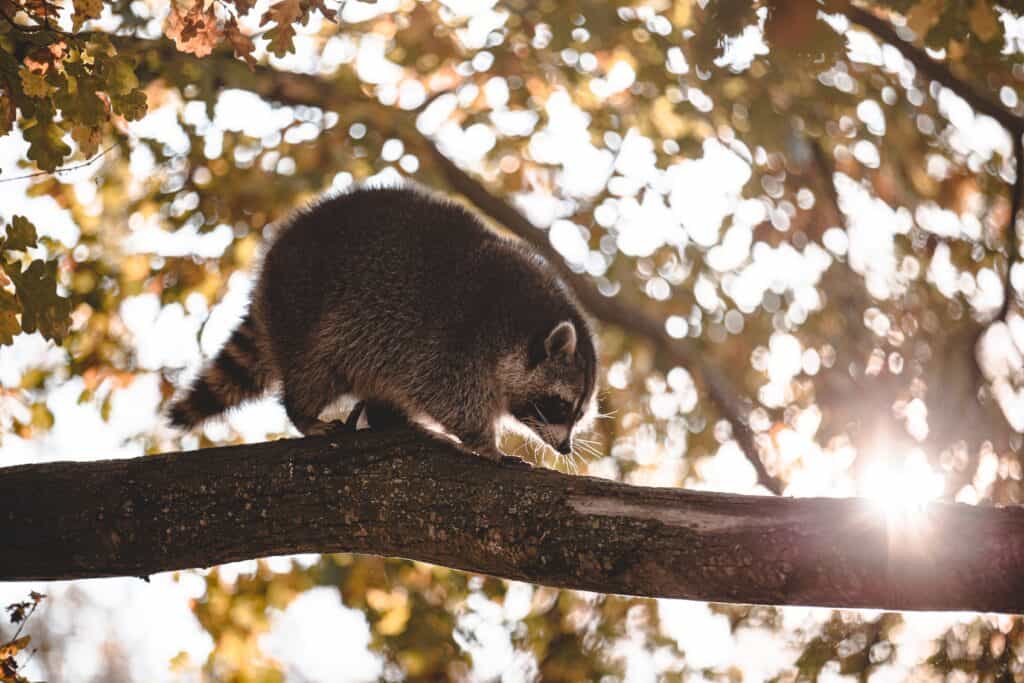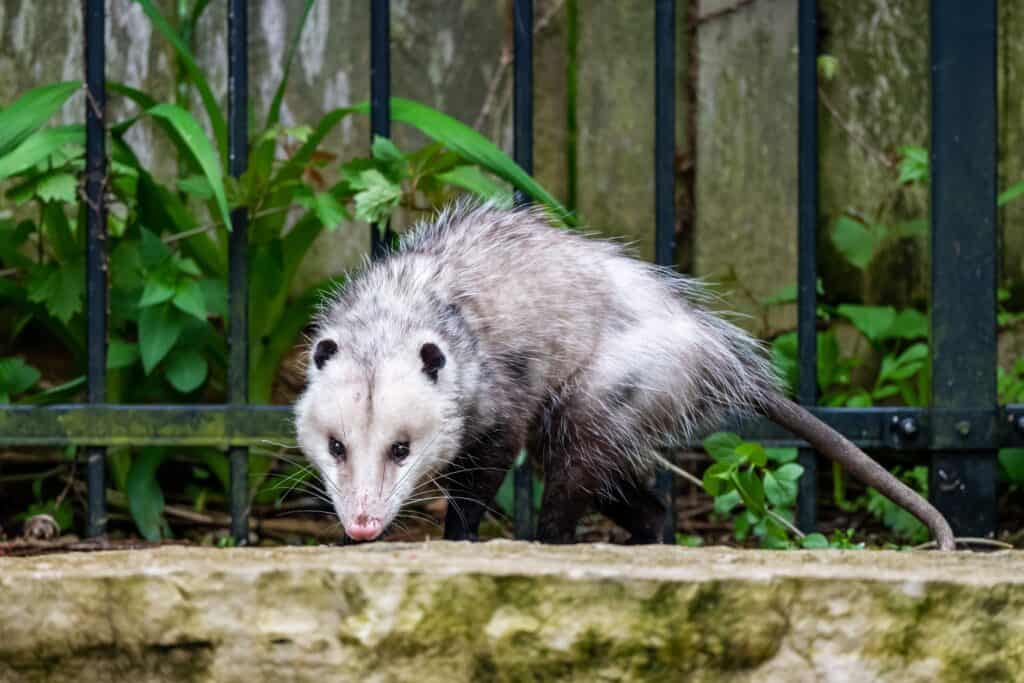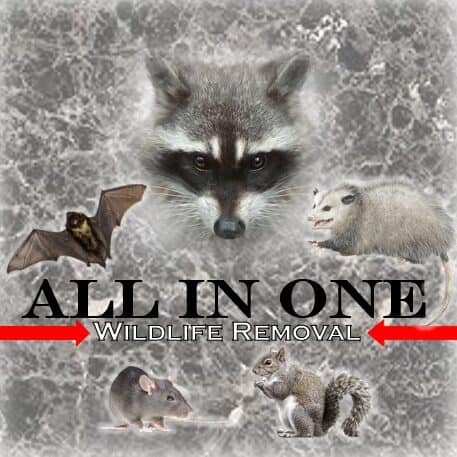Scratching Noise In The Attic; Possible Explanations
Scratching noises in the attic can be a frightening experience. The good news is that if you caught it early enough, there isn’t much to worry about. In Florida, it is common for wildlife to enter homes or businesses through the attic. Here, we will identify the possible causes of scratching in the attic in as much detail as possible.
Read what damage animals can cause Animal Damage In The Attic
To learn how animals can get into the attic How Animals Get In The Attic
Scratching Noises; Rat & Squirrel (Most Common)
Nesting
Rats and Squirrels can nest and raise their offspring in attics, which offer a secure and protected environment. Rats and Squirrels frequently make the scratching noises you hear while making burrows or nests out of insulation. To make a comfortable environment for themselves, they could scratch at walls, floors, or other surfaces.
Behavior
Rats and Squirrels must bite on items to keep their continuously growing incisor teeth in check because they chew on food to survive. Rats and Squirrels frequently like to chew on wooden beams, electrical cables, insulation materials, and other items found in attics. They may chew on numerous objects while scratching, which can cause damage to the attic’s structure and represent a fire risk if they bite on electrical lines.
Take Action Immediately
It’s important to take immediate action if you believe there may be rats or squirrels in your attic. Rats and Squirrels can spread disease, contaminate food, and cause harm to your property. To deal with the rat or squirrel infestation safely and successfully, it is advised to get in touch with a professional rodent removal specialist.
Scratching Noises; Raccoon Noises (Common)

How Do They Enter?
Raccoons are quick climbers, so they can enter and exit attics through cracks in the roof, holes in the vents, gaps in soffit, and uncapped chimneys. Raccoons trying to enter or leave the attic may be making the scratching noises you hear. They move through openings by scratching, using their incredibly sharp claws to hold and climb objects.
Nesting
Raccoons can construct their nests and raise their young in attics, which offer a warm and secure environment. The raccoons may be building a nesting site when you hear scratching noises. They can move or rearrange objects, burrow through insulation, and make a suitable place for their young by using their claws. When building their nests, raccoons are known to rip up insulation or other soft materials, which causes noises like scratching and rustling.
Behavior
Raccoons are social creatures that use vocalizations, body language, and scent marking to interact with one another and establish territorial boundaries. They may use scratching noises as a form of communication. Raccoons use scent glands on their paws to scrape at surfaces and mark their territory. These scratching sounds might be used to warn off rival raccoons or to assert dominance.
Take Action Immediately
It’s crucial to act quickly if you think there may be raccoons in your attic. Raccoons can seriously harm your property, put your health at danger, and may even spread diseases like rabies. To manage the matter safely and successfully, it is advised to call professional animal removal services or raccoon control specialists.
Scratching Noises; Opossum (Not Common, But Possible)

Behavior
Once in the attic, opossums are often not known for making a lot of noise or scratching. Opossums lack the sharp claws that rats, raccoons, or squirrels have to climb or dig. They can’t climb well, and they won’t make noises by scratching at walls or other surfaces.
Opossums can still create noise while in the attic, though, due to their movements or other habits.
Causes Of Possible Noises:
- Opossums may roam around the attic while they are exploring their environment or looking for food. Although they move quietly most of the time, they occasionally may make a small rubbing or rustling sound as they pass through insulation or come into contact with items.
- Opossums may use attics as a location to sleep or even construct nests, particularly if there are suitable materials around, such as insulation or soft fabrics. Unlike other animals, they don’t usually build intricate nests or rummage through materials, but on occasion they might shift or alter nesting materials, which can cause slight scraping or rustling noises.
- Opossums may use a certain region of the attic as a latrine for defecating and urinating. It’s possible to confuse the sound of their pee or droppings hitting surfaces for scratching.
Take Action
In contrast to other animals that live in attics, opossums are generally not seen as a serious pest or source of harm. However, if they become established in the attic, they may still cause problems by droppings, scents, or carrying parasites. If you think there may be opossums in your attic, it is best to get in touch with wildlife removal specialists or experts who can handle the matter securely and compassionately and make sure the opossums are removed and excluded from re-entering.
